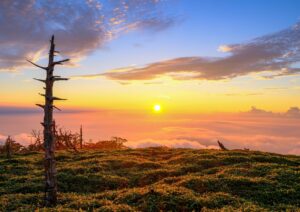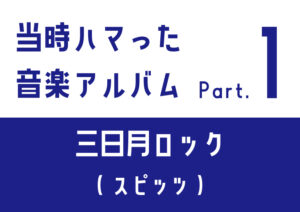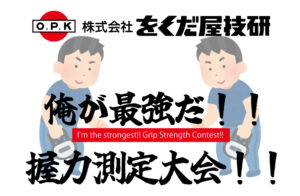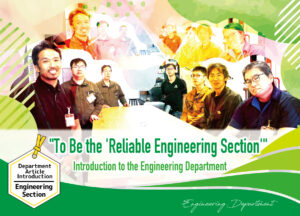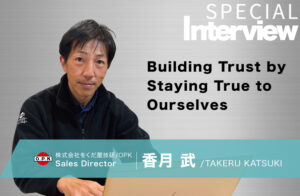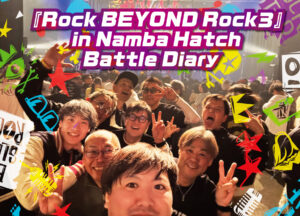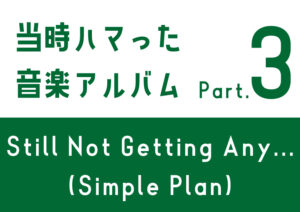Mountains and Me
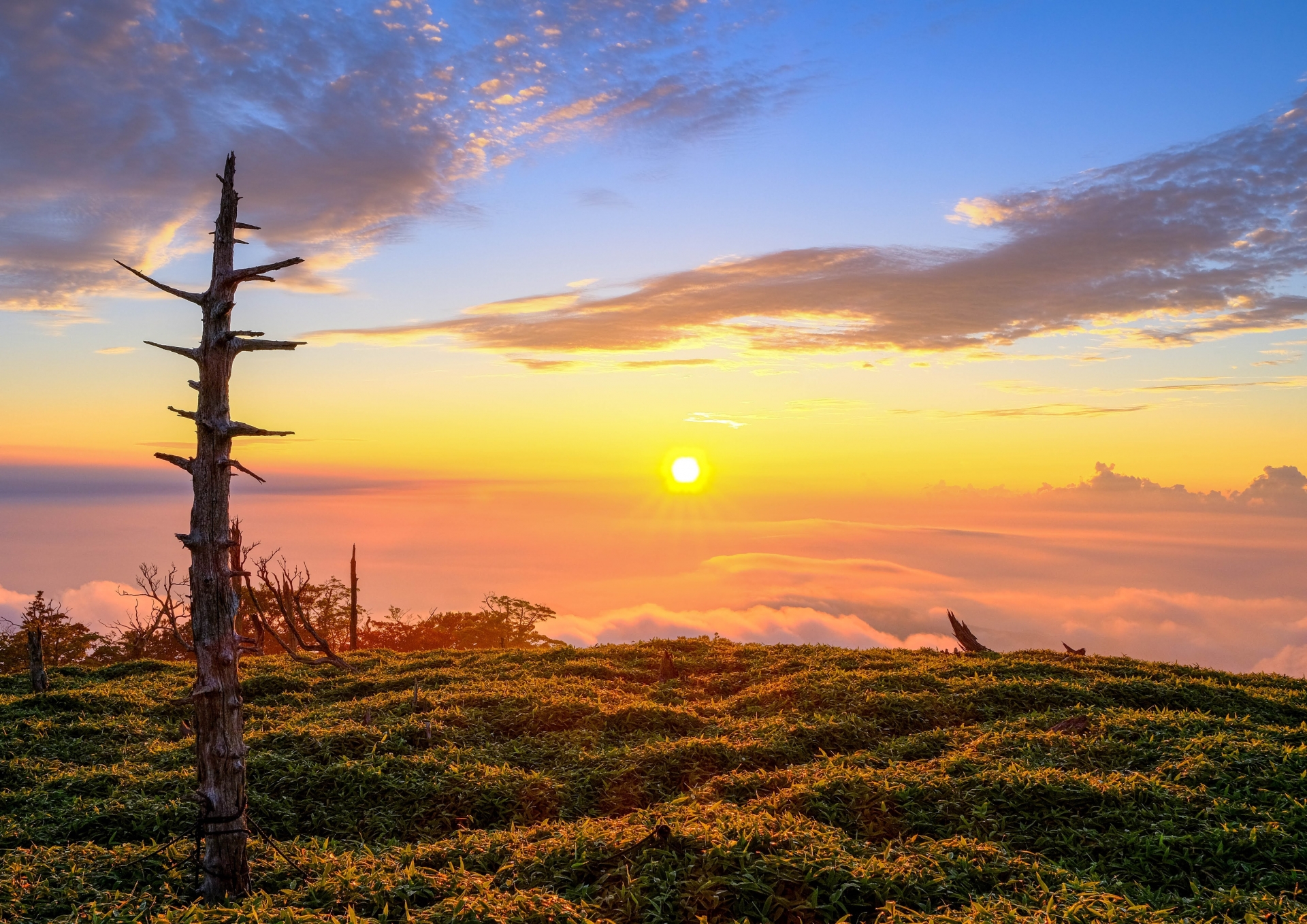
My First Step Was to Ōdaigahara
It all began just over ten years ago, when I first tried hiking. My boss invited me, saying, “Want to try a climbing mountain?” I casually agreed—and ended up at Ōdaigahara.
I brought almost nothing—just a city backpack and trekking shoes. I didn’t even know the word “rucksack.” Inside, I packed water and rice balls, treating it like a small excursion.
As soon as I started climbing, I was winded, my legs felt heavy, and every root or rock made me realize how tough hiking could be. Yet when I finally reached the top, that chilled rice ball tasted unbelievably delicious. In the wind and the view, every bite felt nothing like a convenience‑store rice ball.
I couldn’t quite pinpoint why, but in that moment I thought, “Maybe I actually like mountains.“
First Time at Mount Shaka and the Stillness of Night
A while later, I headed to Mount Shaka—my first overnight tent camp. I borrowed all the gear from a colleague.
Unsure of what belonged where, I stuffed everything into the backpack. It was heavy and stuffed to the limit. On the climb, I paused often to catch my breath, leaning on my knees as I pushed forward.
We finally reached a campsite near the summit and set up the tent just as dusk was falling. The sky gradually dimmed, and soon the woods underfoot grew dark before the sky overhead did. The contrast was striking—blue sky above, dim forest below.
When night came, the world fell silent. While preparing dinner, I noticed faint lights in the distance. Small and still—but definitely looking at us. They were not reflections or flashlights, but deer. Several of them stood and stared at us. Perhaps we were their unusual guests.
Later, my boss ventured off to splash in a spring, and after a moment we heard a startled cry—“Hii!” He said the water was far colder than expected. Somehow, that made it even funnier. And yes, that spring water was refreshingly cold—and delicious.
A truly quiet night—with no sound or light. Surrounded by discomfort, I realized, “This is all I have tonight.” A small flame, a tiny pot, a single sleeping bag. Not everything was perfect—but I felt full. That feeling first sprouted in my heart then.
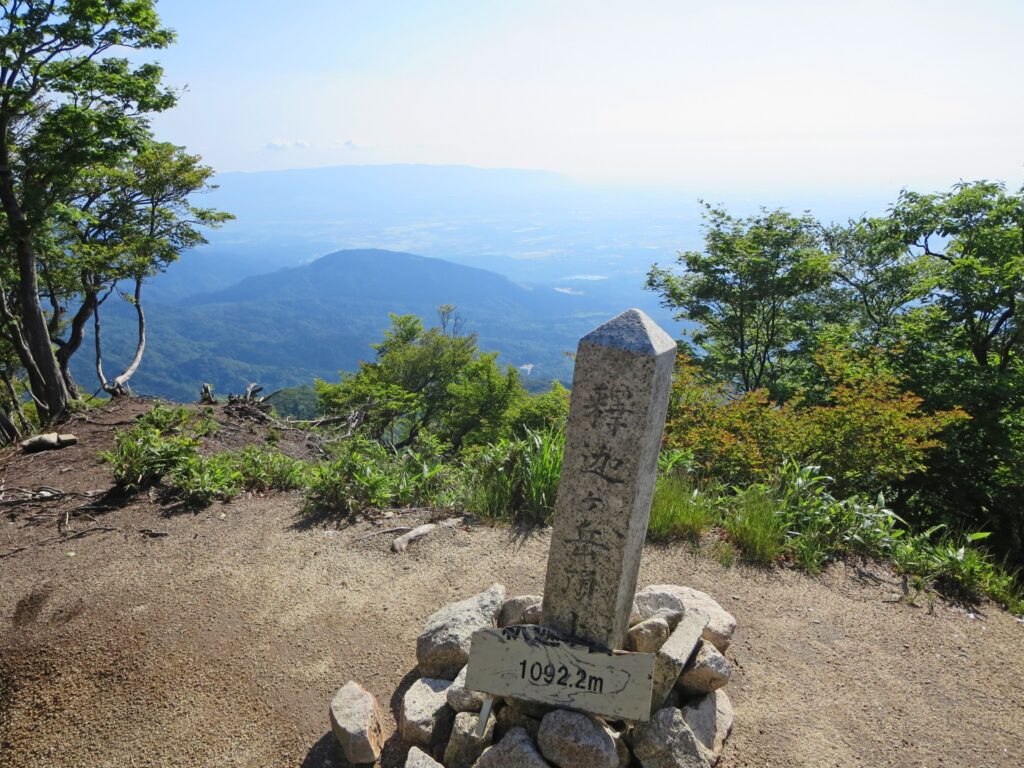
The Joy of Cooking Outdoors
A junior colleague lent me a small gas burner. The first thing I made were cup noodles. Eating something warm on the mountain felt incredibly soothing—it penetrated both body and soul.
I didn’t drink alcohol, but that warmth on a cold evening felt similarly fulfilling. Tired, hungry, and slurping noodles in the breeze—it warmed me from the inside out.
Gradually, I began experimenting with cooking: simple pasta, pot-au-feu, yakisoba, hot sandwiches, steak, cold udon. Using limited tools and ingredients, the fun of cooking became something pure.
My goal shifted—from just climbing, to “I want to try cooking that,” or “I want to eat that.” Mountain meals became little adventures of their own.
Lighter Gear, Sharper Sensibility
The more I hiked, the lighter my pack became. Items I originally brought “just in case” were gradually left behind. The essentials stayed—no matter the weight. Selecting what to bring became part of the adventure. Not only gear, but the trail, the timing, the company—every choice was up to me. That freedom felt satisfying.
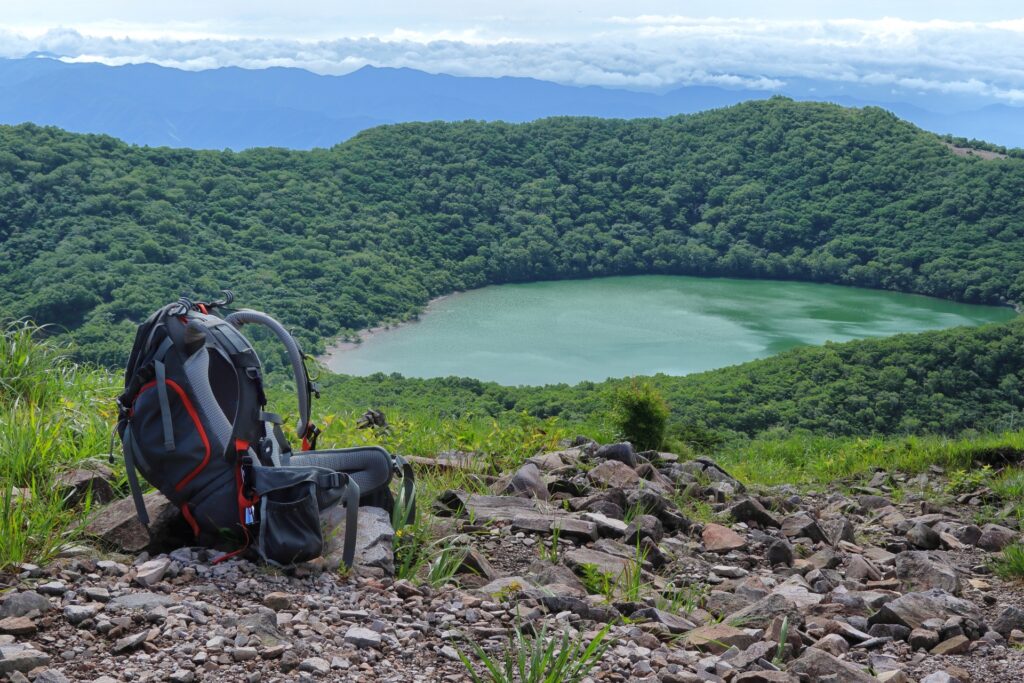
It’s Not About Height, It’s About Time
These days, I don’t hike much—work and daily routines fill my weekends. Yet sometimes, I just remember that mountain air.
I don’t need a high peak, or a majestic view. A gentle walk on a nearby hill, a warm meal, and a breeze—that’s enough to refresh my mind. Hiking isn’t about altitude—it’s about time well spent, depth rather than height.
I respect those who pursue mountains for challenge and elevation. But for me right now, this slower kind of mountain experience suits me just fine.
A Bit About Work
I now work in product development. Crafting something ideal from start to finish rarely matches reality. With limited time and resources, I consider each day how to move forward.
Sometimes I think of packing that backpack. In hiking, you’re expected to “carry only what’s necessary.” You select what truly matters within tight space and weight. Development feels similar—letting go reveals clarity, constraints breed creativity.
That rhythm from the mountains now quietly influences my work.
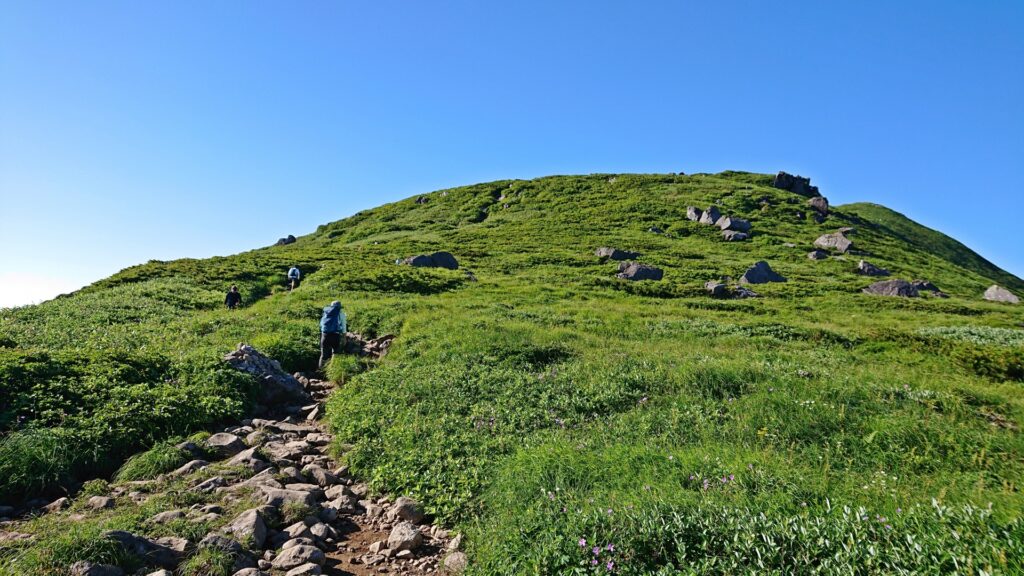
In Closing
When I get the chance again, I’ll pack that bag, bring the burner and a small pot, and head back to the mountains. Sweat on the climb, wind in my face, and a warm meal to feel alive again.
You don’t need to have everything. Even if some things are missing, the mountain can still be enjoyable. That realization came from my first encounter with the mountain—and it remains with me.
Come to think of it, I haven’t shared much about those mountain meals yet. That story itself feels like a journey.
Someday, I’d like to revisit and write about it.
Date of Contribution: August 2025
Author: Hirokazu Isogai
Director, Development Strategy Division
Okudaya Giken Co., Ltd.

